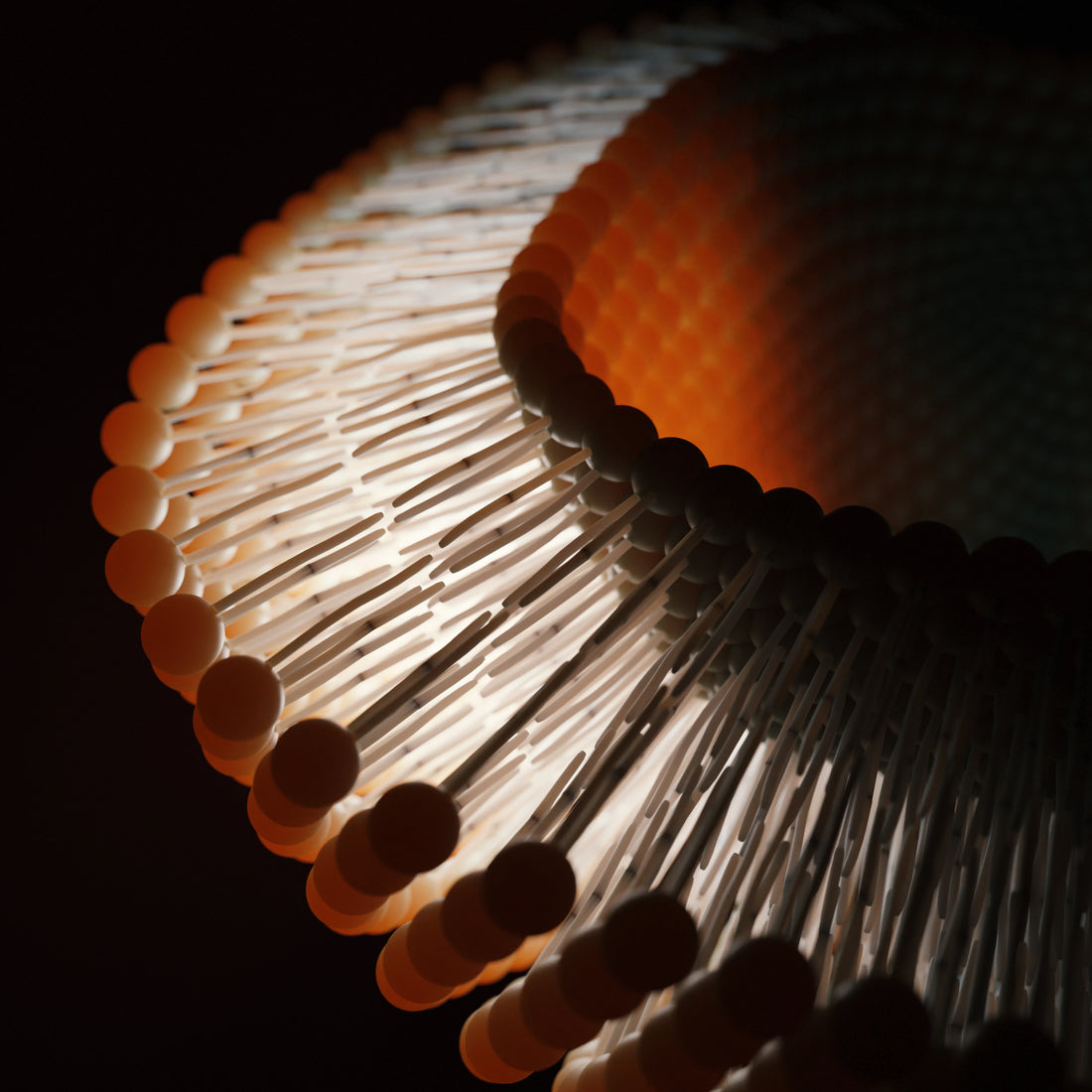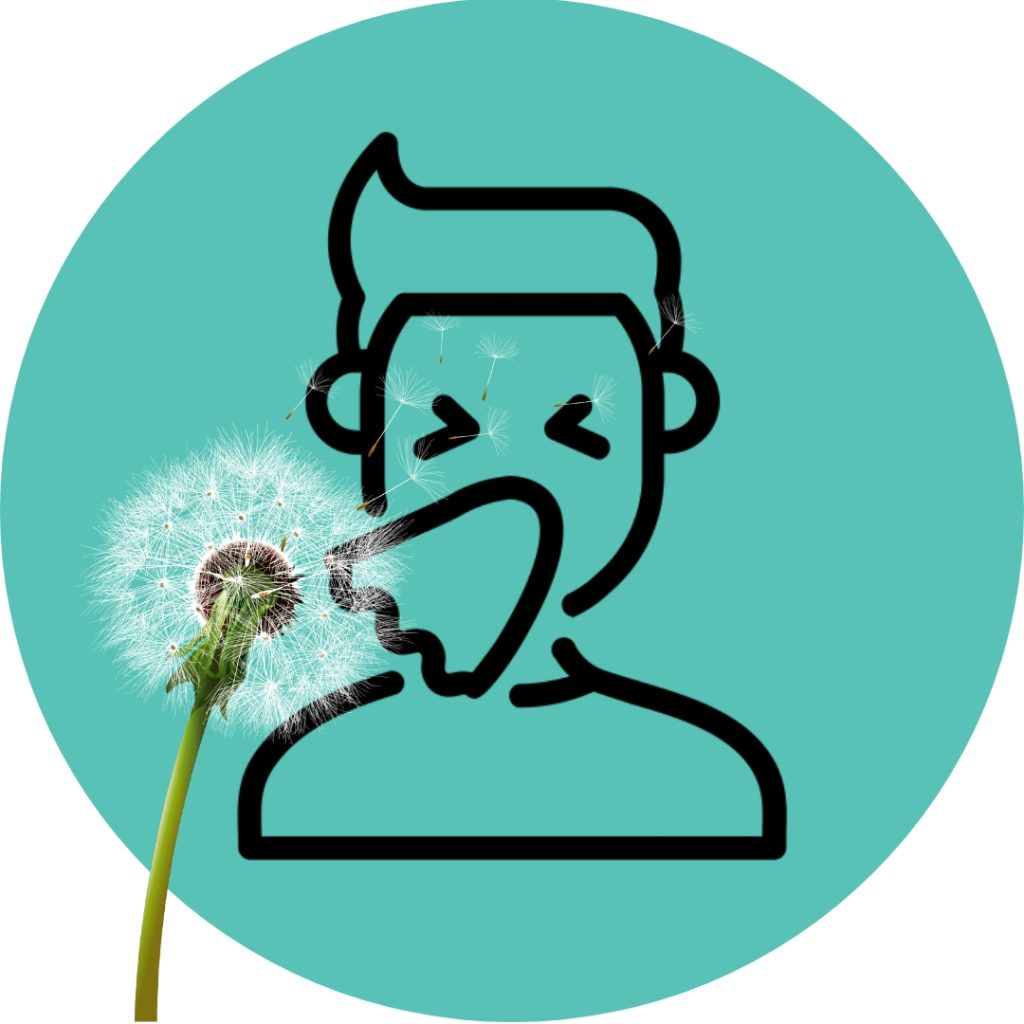Knowledge Hub
The lipolife masterclass series
lipolife masterclasses In today’s fast-paced world, maintaining optimal health can be a challenge. Our understanding of how our bodies function and the effects of the foods we consume on our health have evolved significantly in recent years. The importance of proper nutrition, exercise, and healthy lifestyle choices cannot be overstated. In our series of masterclasses, we delve into the latest research and advancements in managing health concerns through proper nutrition with the support of effective, liposomal supplements. We highlight the benefits of liposomal technology, which has gained significant popularity in recent years as a delivery method for supplements and nutraceuticals. Our expert speakers share their insights and knowledge on a range of topics, including the role of nutrition in maintaining good health, the benefits of specific supplements and the latest research on liposomal technology. Whether you are a health enthusiast or simply looking to improve your overall well-being, this series of masterclasses is designed to provide you with the knowledge and tools you need to take control of your health. So sit back, relax, and join us as we explore the fascinating world of nutrition and liposomal supplements. Menopause While many women focus on hormone replacement therapy (HRT) through menopause, the latest survey shows that 49% do not plan on taking it and instead, are searching for holistic alternatives. Growing evidence is pointing towards the use of botanicals and herbs to alleviate menopausal symptoms such brain fog, fatigue, hot flashes and beyond. Our menopause masterclass features wonderful Nutritionist, Phoebe Liebling, who unpacks and educates on the world of #Menopause, what’s to be expected in a person’s menopausal journey and how you can manage the symptoms. Mental Health In England, 1 in 6 people report experiencing a common mental health problem (such as anxiety or depression) in any given week.Approximately 1 in 8 children and young people aged 5 to 19 in the UK have a diagnosable mental health condition. Phoebe’s back to discuss #mentalhealth and the lifestyle measures we can take to give our minds that extra support. PCOS Polycystic ovary syndrome (PCOS) is a common condition affecting around one in 10 women in the UK. lipolife partnered with registered Nutritionist, menstruation and hormone specialist, and author of the book ‘You Can Have a Better Period’ Le’Nise Brothers, to take a deeper dive into the expansive world of PCOS. Cardiovascular Health Stress is a natural part of life, but it can become overwhelming if not managed properly. When stress levels get too high, they can lead to negative physical and mental health consequences, such as headaches, anxiety and depression. In turn, failing to deal with stress can increase your chances of cardiovascular diseases. In this session, Phoebe Liebling shares valuable tips and insights on how to improve your heart health, reduce your risk of cardiovascular disease, and live a healthier life.
Learn moreWhen it comes to matters of the heart, every day should be Valentine’s Day.
It's Time for a Heart to Heart Cardiovascular disease is one of the leading causes of death in the UK, accounting for roughly one in four deaths. Over 7 million people in the country live with some form of cardiovascular condition, including coronary heart disease and stroke. Various risk factors such as high blood pressure, high cholesterol, obesity, smoking and physical inactivity contribute significantly to this health challenge, impacting not only mortality rates but also quality of life through long-term disability and reduced mobility. Cardiovascular disease is the term for all types of diseases that affect the heart or blood vessels, including coronary heart disease (clogged arteries), which can cause heart attacks, stroke, heart failure and peripheral artery disease. Coronary heart disease occurs when plaque (a combination of fat, cholesterol, calcium and other substances found in the blood) builds up in your arteries. The plaque reduces the amount of oxygen-rich blood getting to your heart, which can cause chest pain (also called angina). Plaque can also lead to blood clots, which block blood flow and are the most common cause of a heart attack. Take Action! There’s a lot you can do to help protect your heart and these four tips are simple to implement into your daily routine. Engage in regular, moderate activities like brisk walking, cycling, or swimming to keep your heart strong. Focus on whole foods, including fruits, vegetables, lean proteins and whole grains in your diet. In addition, reducing salt, sugar and unhealthy fats can significantly benefit your cardiovascular system. Include relaxation techniques such as meditation, deep breathing or yoga in your daily routine – to still your mind and rest your heart. Aim for 7-9 hours of quality sleep each night to help your heart recover and rejuvenate. Maintaining a healthy heart is vital for overall health and wellbeing. While a balanced diet and regular exercise are essential for good heart health, supplements can also help support heart function. Why not show your heart some extra love with a little help from lipolife® science? Our Cardiovascular Supplement Pack combines nutrients that work synergistically to promote better circulation, support healthy blood pressure and enhance overall heart function. lipolife Cardiovascular Supplement Pack Omega-3 Fatty Acids: Omega-3 fatty acids, such as those found in fish oil supplements, have been shown to reduce triglycerides, lower blood pressure, and decrease the risk of heart attack and stroke. Coenzyme Q10: Coenzyme Q10 (CoQ10) is an antioxidant that helps to generate energy in the body’s cells. It may also help lower blood pressure and reduce the risk of heart disease. Resveratrol: Resveratrol has been shown to have anti-inflammatory properties, which may help reduce inflammation in the blood vessels and heart. Resveratrol may also help lower blood pressure by relaxing the blood vessels, making it easier for blood to flow through. Phosphatidylcholine: By ensuring healthy cell membranes, aiding in lipid transport and metabolism, supporting liver detoxification processes, and mitigating inflammation, phosphatidylcholine plays a supportive role in maintaining overall heart health. By incorporating this supplement pack into your daily routine, you can take a proactive step towards nurturing your heart, so it continues to power every moment of your life. To learn more about cardiovascular health and how these supplements can help support your heart, check out our Masterclass with award-winning Nutritionist, Phoebe Liebling.
Learn moreBeating hay fever naturally
Hay Fever, also called allergic rhinitis, is a common allergic reaction to pollen, dust mites or even protein from a specific food. It affects 1 in 4 people in the UK. Symptoms include a runny nose, sneezing, itchy eyes, congestion and can also lead to sinusitis, ear infections, poor sleep and impact a sufferer’s quality of life. Why does it happen? When a person is exposed to a triggering substance, their body’s immune system identifies the trigger as harmful and releases histamine. In normal circumstances, this is a fantastic natural defence against parasites. However, when the immune system overreacts to harmless substances it can cause misery, and this is the problem faced by hay fever sufferers. Doctors usually recommend hay fever sufferers to take antihistamines although these can have side effects in themselves and are not a cure. How can histamine be reduced naturally to alleviate the symptoms of hay fever? Natural solutions for hay fever Beating hay fever naturally means diet and nutrition are key to reducing the level of histamine produced by your body and as a result, reduce the symptoms associated with this debilitating condition. Vitamin C - this plays a crucial role in reducing the histamine load in the body. Research shows that vitamin C can reduce histamine levels by 30% after a dose of 2 grams of vitamin C is administered. This helps the body to avoid becoming overwhelmed with a cascade of histamine load and makes symptoms more manageable. Quercetin - a compound called a flavonoid, is found in apples, citrus fruit, parsley, onions and red wine amongst others. It can help inhibit histamine release from mast cells, which are important immune modulatory cells in the body. Both Vitamin C and Quercetin have anti-oxidant and anti-inflammatory properties as well and play important roles in other body systems and processes which are beneficial to overall health. What to take for hay fever When looking at beating hay fever naturally, we recommend the amazing and powerful lipolife combination of Vitamin C and Quercetin. This effective liposomal supplement delivers 500mg Vitamin C and 150mg of Quercetin per 5ml. Taking adequate amounts of bioavailable Vitamin C and Quercetin is of huge importance to sufferers of hay fever. Dosage: Take 5ml twice a day, once in the morning and once in the evening. If you experience severe symptoms you may take 5ml up to 4 times a day, every 3-4 hours, so the body receives regular doses. Of course, we always recommend consulting your doctor or health practitioner before you start taking any supplements as everyone’s physiology is different. buy liposomal vitamin c & quercetin Diet and lifestyle recommendations for dealing with hay fever. Nutritional supplements are most effective when combined with a balanced diet and healthy lifestyle.Here are our top tips for helping you beat hay fever naturally: Go dairy-free – dairy can contribute to excessive mucus production in the respiratory tract which worsens the symptoms of hay fever. Going dairy-free, or reducing dairy intake, during hay fever season is highly recommended. Choose a low histamine diet – foods that are high in histamines should be avoided; these include tomatoes, aubergine (egg plant), avocado, olives and beans. Keep well hydrated! Shower and change clothing after returning home and wash bedding regularly. Wear sunglasses to cover your eyes when outdoors. Identify your key triggers and reduce exposure wherever possible. Does treating hay fever naturally work? lipolife products are produced based on science, nutrition and clinical trials. We stand behind our products’ absorption rates, efficacy, and potential to make a difference. So we’re putting vitamin c & quercetin to the test. Meet David; a videographer, photographer and digital marketing executive. David is a life-long hay fever sufferer, experiencing multiple symptoms every year and a complete sceptic when it comes to beating hay fever naturally. Will lipolife work for him? Watch below as David has his first session with Nutritionist, Ani.
Learn more







